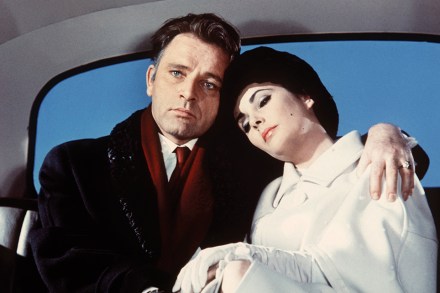The tragedy of a life not lived: Slanting Towards the Sea, by Lidija Hilje reviewed
‘He leaned in to kiss me. And when he did, something inside me reoriented itself, my world softly tipping into his direction, as if he himself were the sea.’ This is the story of Ivona and Vlaho, one that aches from the offset. The two fall in love as students against the backdrop of postwar Croatia, with the promise of their lives ahead of them. Ten years later, divorced yet longing for one another, they’ve kept up a delicate connection, despite Vlaho’s new partner. But when a fourth person enters their orbit, buried feelings resurface, threatening to unravel everything. Lidija Hilje’s Slanting Towards the Sea is ostensibly a love story.



















